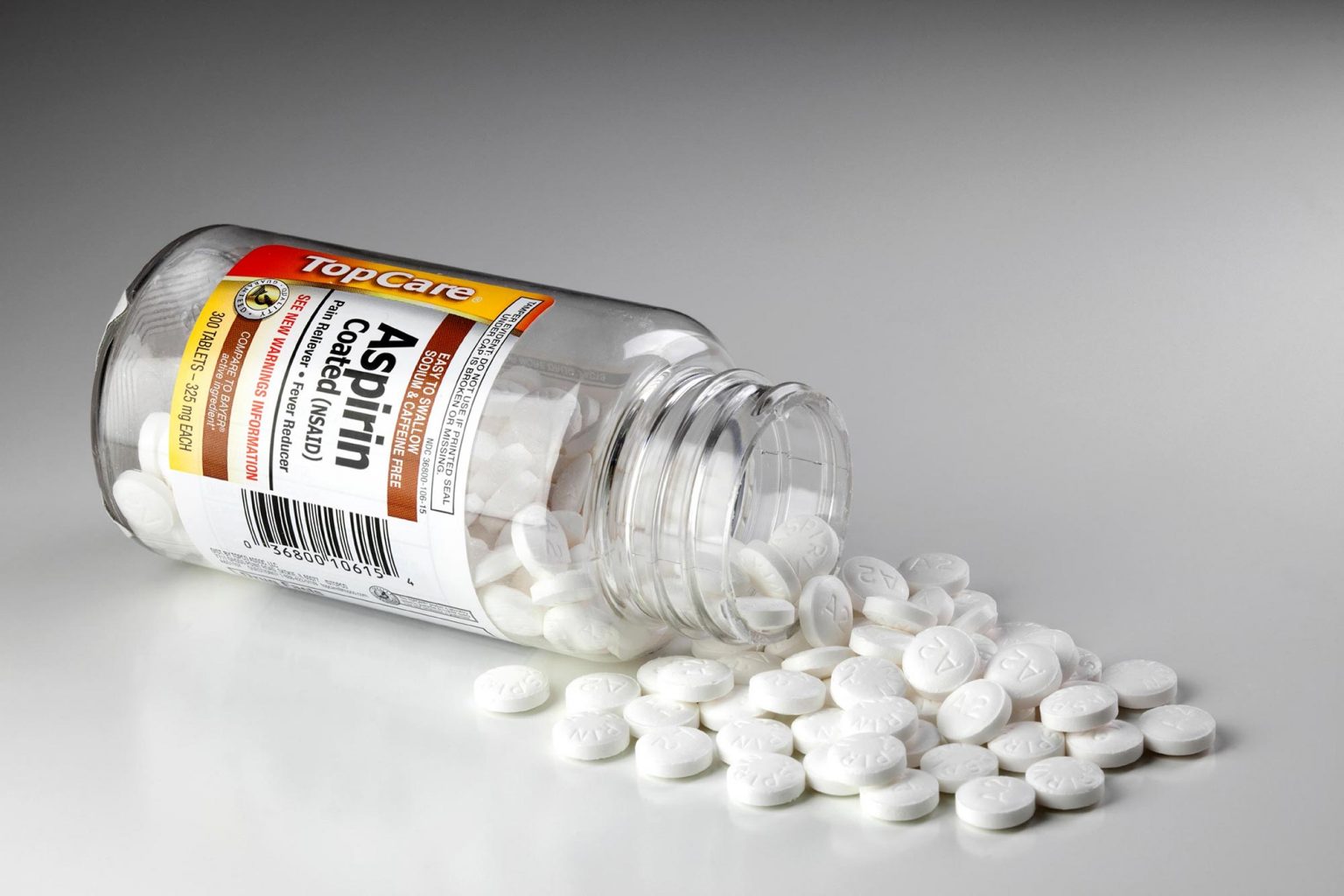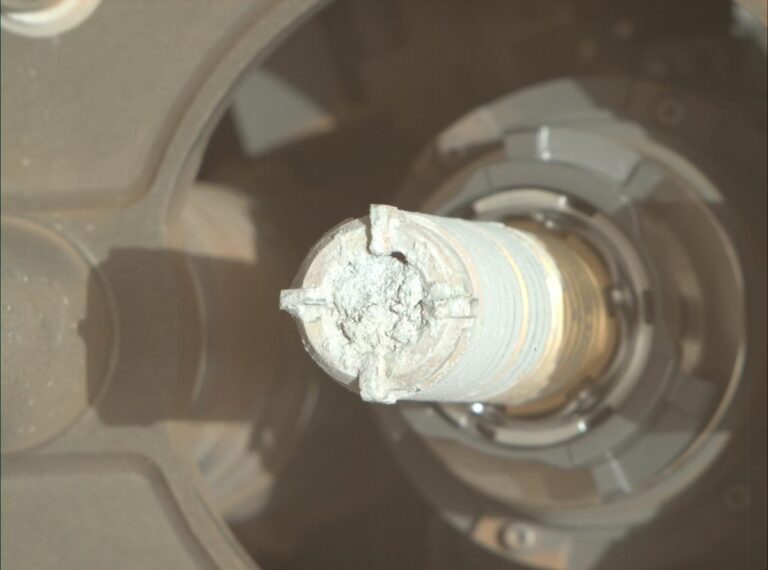Aspirin, a common over-the-counter medication known for its pain-relieving and anti-inflammatory properties, has been a household staple for decades. However, a recent study has raised concerns about its potential link to increased chest muscle loss, particularly among older adults. This new research sheds light on the long-term effects of aspirin consumption and its impact on muscle health.
Key Findings of the Study
Researchers have discovered that regular aspirin use may contribute to muscle atrophy in the chest region, leading to decreased strength and mobility. The study focused on individuals who frequently used aspirin and analyzed their muscle mass over time. The results indicated:
A noticeable decline in pectoralis major muscle mass (the primary chest muscle).
Reduced overall muscle strength and endurance in long-term aspirin users.
Higher risk of sarcopenia (age-related muscle loss) in older adults.
A potential link between aspirin-induced inflammation suppression and muscle deterioration.
These findings suggest that while aspirin provides cardiovascular and anti-inflammatory benefits, it may also contribute to muscle weakening, especially in individuals who rely on it regularly.
How Aspirin Affects Muscle Health
Aspirin functions by reducing inflammation and inhibiting prostaglandins, which play a crucial role in muscle repair and growth. While this process is beneficial for pain relief, it can also interfere with muscle recovery and regeneration, leading to muscle degradation over time.
Potential Risks of Long-Term Aspirin Use
Muscle Wasting: Continuous aspirin intake may hinder protein synthesis, slowing down muscle repair.
Weakened Chest Muscles: Essential for breathing and posture, weaker chest muscles can lead to reduced lung function and poor upper body strength.
Increased Risk of Falls & Injuries: Muscle loss can contribute to weaker bones and reduced mobility, increasing the likelihood of falls and fractures.
Who Is at Risk?
While the effects of aspirin on muscle loss can impact various demographics, certain groups are at higher risk:
Older Adults (50+) – Age-related muscle decline may be accelerated with frequent aspirin use.
Athletes & Fitness Enthusiasts – Those who rely on aspirin for post-workout recovery may experience muscle deterioration.
Individuals with Chronic Pain – People using aspirin daily for conditions like arthritis may see unintended muscle loss.
How to Prevent Muscle Loss While Taking Aspirin
If you need to take aspirin for medical reasons but want to minimize muscle loss, consider the following strategies:
1. Maintain a Protein-Rich Diet
Consume lean proteins, such as chicken, fish, eggs, and plant-based sources, to support muscle repair and growth.
2. Engage in Resistance Training
Strength training exercises, such as push-ups, bench presses, and dumbbell workouts, can help counteract muscle atrophy.
3. Supplement with Omega-3 Fatty Acids
Studies suggest that omega-3s can aid in muscle preservation by reducing excessive inflammation without suppressing muscle repair.
4. Consult Your Doctor
Before making any changes to your aspirin intake, speak with your healthcare provider to discuss alternative medications or adjusted dosages.
Final Thoughts
The new study linking aspirin to chest muscle loss highlights the importance of understanding its long-term effects on muscle health. While aspirin remains an essential medication for pain relief and heart health, individuals must be mindful of its potential side effects on muscle strength and endurance.
If you’re concerned about muscle loss, incorporating strength training, proper nutrition, and medical guidance can help mitigate the risks while still benefiting from aspirin’s medicinal properties. Always consult a healthcare professional before making any changes to your medication routine.
For more health updates and research insights, stay tuned and prioritize your well-being!

















+ There are no comments
Add yours